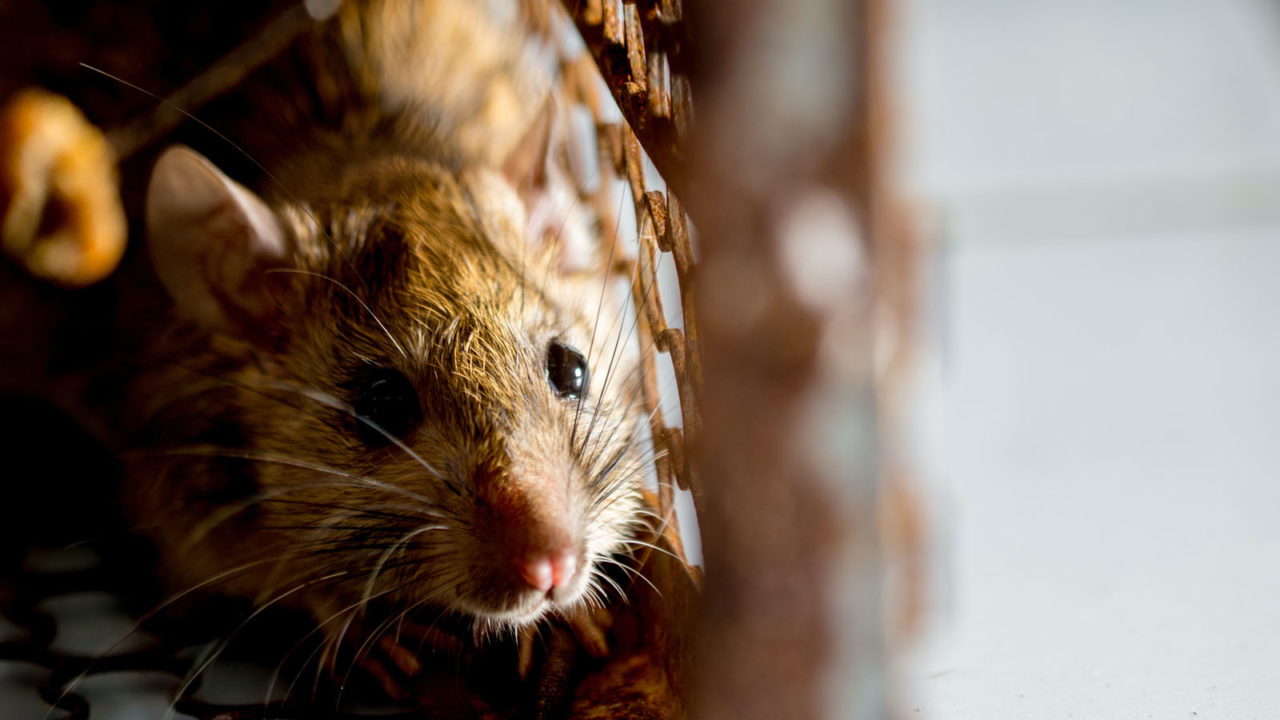Targeted Pest Control:
Research is ongoing to develop more targeted
approaches in rodent control. This includes the use of species-specific
attractants, pheromones, and baits to minimize the impact on non-target
species.
Biological Control:
Biological methods, such as introducing natural
predators or pathogens specific to rodents, are being explored as sustainable
alternatives. This approach aims to disrupt rodent populations without relying
on chemical pesticides.
Genetic Pest Control:
Scientists are investigating genetic strategies to
control rodent populations. This includes gene editing techniques to reduce
rodent fertility or create gene-drive systems to spread specific genetic
modifications within populations.
Smart Traps and Monitoring:
The development of smart traps equipped with sensors
and connectivity features is gaining attention. These traps can provide
real-time data on rodent activity, allowing for more efficient and targeted
control measures.
Remote Sensing and GIS:
Remote sensing technologies, including satellite
imagery and Geographic Information Systems (GIS), are being used to map and
monitor rodent populations. This information helps in identifying high-risk
areas for infestations and implementing preventive measures.
Rodent Repellents and Deterrents:
Ongoing research is focused on the development of
eco-friendly repellents and deterrents that can discourage rodents from
entering specific areas. This includes the exploration of natural compounds and
essential oils.
Blockchain Technology for Supply Chain
Control:
In the agriculture and food industry, blockchain
technology is being explored to ensure the integrity of the supply chain and
prevent rodent infestations in storage and transportation.
Behavioral Studies:
Understanding rodent behavior is a crucial aspect of
effective control. Ongoing research involves studying the social structure,
communication, and habits of rodents to develop more targeted control strategies.
Innovations in Rodent Management:
Data-Driven Approaches:
The integration of data analytics and machine
learning is helping in the development of predictive models for rodent
infestations. This allows for proactive management strategies based on historical
and real-time data.
Automated Trapping Systems:
Advances in automation have led to the development
of automated trapping systems that can continuously monitor and capture
rodents. These systems often incorporate artificial intelligence for improved
efficiency.
Human-Wildlife Conflict Resolution:
Research is focused on finding sustainable solutions
for human-wildlife conflicts, especially in urban areas. This includes the
development of methods to coexist with rodent populations without resorting to
lethal control measures.
Community-Based Approaches:
Community engagement and education play a vital role
in rodent management. Innovative programs involve local communities in
monitoring and implementing control measures, contributing to more effective
and sustainable outcomes.
One Health Approaches:
The concept of One Health, which recognizes the
interconnectedness of human, animal, and environmental health, is influencing
rodent management strategies. Integrated approaches that consider the broader
ecosystem are being emphasized.
It's important to stay updated with scientific
journals, pest control industry publications, and relevant conferences for the
latest developments in rodent control and management. Additionally, local
regulations and guidelines may influence the adoption of specific innovations
in different regions.

No comments:
Post a Comment